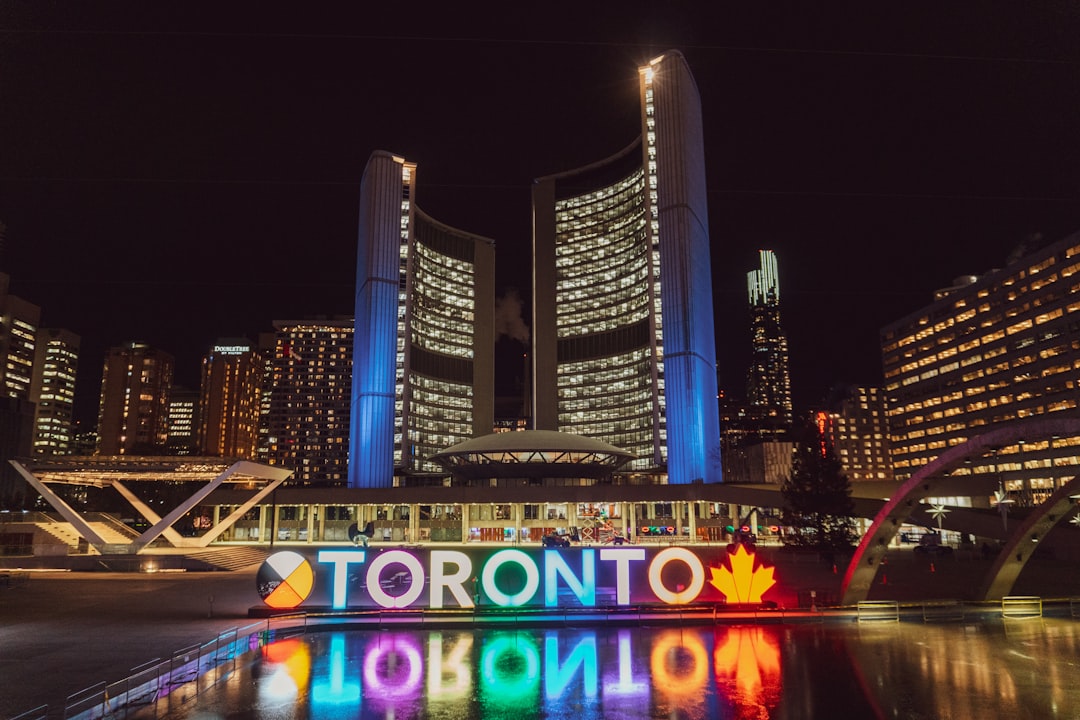Good morning. One of the highlights of MJ Biz Con last week was the inaugural EMJAY awards. Here’s a look at the winners.
We’re biased, but the other major highlight of the week in Las Vegas was our Cultivated Live stream from Planet 13. We are editing and uploading as quickly as humanly possible, but one great conversation is worth sharing this morning: If you want an up-to-the-minute update from New York, check out Elizabeth Kase from the law firm Ruskin Moscou Faltischek, P.C.
A 7-minute read edited by Jeremy Berke and Jay Rosenthal
DISPATCH FROM 🇨🇦
Law enforcement and race, in a legal country
Driving the news: Five years after Canada legalized cannabis, a Toronto Star analysis reveals persistent disparities in enforcement. Lower-income, racialized neighborhoods (or neighbourhoods) in Toronto see more cannabis-related warnings and tickets.
Meanwhile, fewer charges are laid in whiter, more affluent areas, except in downtown neighborhoods with illegal pot shops
Why it's happening: The trend of higher enforcement in racialized and poorer areas echoes pre-legalization patterns — and mirrors similar patterns in the US.
Although overall charges have decreased significantly, the data — while lacking specific information on the race of individuals charged — shows statistically significant correlations with income and racial demographics.
What's next: Academics and lawyers express concern over these patterns. The Toronto Police Services Board and Toronto Police Service acknowledge the issue and emphasize their commitment to understanding and addressing potential disparities in policing.
Notably: the Toronto police, however, declined an interview request with the Star for further comments on this issue.
SHOW ME
Unions aim to take hold at Missouri dispensaries
What's happening: Cannabis workers in Missouri are increasingly pushing to unionize dispensaries. This movement gained momentum with the unionization of workers at a St. Louis medical dispensary, marking the first such instance in Missouri.
Following this, employees at Homestate Dispensary in Kansas City also voted to have Teamsters Local 955 represent them, becoming the second unionized dispensary in the state.
And workers at an O’Fallon medical dispensary in St. Charles County have recently voted to unionize, indicating a growing trend across Missouri.
Why it's happening: The unionization efforts in Missouri’s dispensaries are driven by a desire for better working conditions, job security, fair wages, and benefits.
The cannabis industry is relatively new and rapidly expanding. That presents unique challenges and opportunities for workers — union representation could be a significant step towards addressing these concerns and ensuring fair treatment in the workplace.
There have also been significant labor wins this year, including in the film and television industry as well as in the automotive industry.
What's next: The trend of unionizing cannabis dispensaries in Missouri could continue to gain momentum, potentially leading to more dispensaries across the state seeking union representation.
This movement may also influence other states where cannabis is legal, serving as a model for how workers in this emerging industry can organize for better working conditions and rights.
POLITICS
Ohio gearing up for legal cannabis
What's happening: Early in November, Ohio became the 24th state in the U.S. to legalize adult-use through the ballot with 57% of voters giving the thumbs up. In response, local medical dispensary owners are preparing to expand their business models to include recreational sales.
But wait: The opening of recreational dispensaries will take time, however, as various steps are required to implement the new law.
And not everyone in Ohio is standing with the majority. Importantly, one naysayer is the State Senate President. Read Cultivated’s story on Ohio: Ohio's Senate President doesn’t trust voters on cannabis and abortion
And he’s not alone.
Yesterday, the Senate General Government Committee in Ohio put forward a bill that would take several shots at the voter-passed initiative, including killing home grow and social equity funding, as well as adding THC-limits, and more. Marijuana Moment has the full story.
What's next: As medical dispensaries gear up to include adult-use sales, many plan to apply for licenses parallel to their existing medical dispensaries. But with Republicans Ohio’s State Senate still pushing to nullify clear voter sentiment, this could drag on a bit.
GUTEN MORGEN FROM 🇩🇪
Delays aren’t just a New York thing
What's up?: Germany's final vote on a bill to legalize cannabis, initially scheduled for this week, has been postponed until…next year.
Why the delay?: The delay is part of a series of postponements affecting the bill's progress through parliament. Previous delays were attributed to various reasons, including the Israel-Hamas conflict and a push for improvements to the bill.
What's next: The Bundestag may take up the measure as early as January 18 or 19, 2024, or in February. The delay has caused disappointment among various groups, including the Green Party and The Left party in the Bundestag, who criticize the center-left Social Democrat Party for yielding to cultural and political pressure.
WHAT WE’RE READING
🥊 Quick hits
Interstate trade of marijuana is banned. An Oregon lawsuit hopes to change that | NPR’s Planet Money
Alabama Medical Cannabis Commission Awards Medical Cannabis Business Licenses | Alabama Medical Cannabis Commission
Northeast Ohio city approves eight month ban on marijuana licensing | Cleveland 19 News


